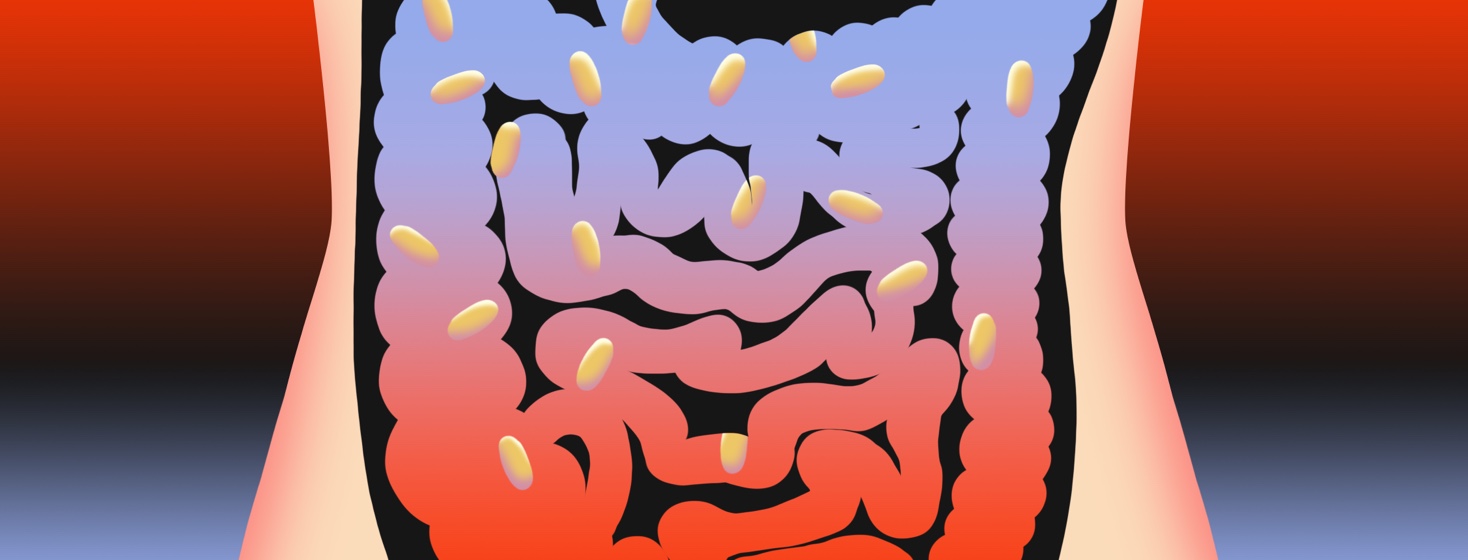Vitamin D Deficiency and IBS: Is It Connected?
Anyone who has suffered from irritable bowel syndrome for more than a short period of time knows that a number of things can worsen symptoms. Can a vitamin deficiency affect your symptoms? It turns out it can.
I noticed my symptoms became worse over a year ago. Nothing had really changed. My diet was not any better or worse than it had been. Still, I ignored it because IBS is unpredictable, and symptoms can shift on a whim.
Discovering a deficiency
At a routine checkup with my doctor, it was discovered that I had a vitamin D deficiency. I started a high-dosage supplement to try to correct the problem. My symptoms slightly improved, but I still ignored it. After I completed the three-month prescription, I assumed I no longer required a supplement. Over the next few months, my symptoms gradually worsened.
During a recent checkup, blood work determined my vitamin D levels were quite low. I was once again placed on a high-dose supplement. My IBS symptoms seemed to get a little bit better after two weeks of taking the supplement. Once I realized I had again improved after starting to take vitamin D, I began to wonder if there was a connection between a vitamin D deficiency and more severe irritable bowel syndrome symptoms.
Researching the link between IBS and vitamin D levels
A little bit of research led me to an article published in the International Journal of Medicine. The study suggests that patients with IBS who have low vitamin D serum levels showed an improvement in symptoms when treated with vitamin D therapy.2
It seems vitamin D levels are another piece of the IBS puzzle. A simple blood test can determine if you have a vitamin D deficiency, and it can be corrected with a supplement. This will not resolve your IBS symptoms, but an improvement of symptoms can help improve your quality of life. It is a simple thing that can make your daily struggle a little bit better. Of course, it certainly will not help everyone, but it is simple enough that it is definitely worth trying.
Diagnosis and treatment
If you suspect you may have a vitamin D deficiency, contact your doctor and ask them to test your vitamin D serum levels. Your doctor will determine if supplementation is needed and the correct dose to correct any existing deficiencies. It is important to consult your doctor before you begin taking a supplement. One study published in Frontiers in Endocrinology warns that high doses of vitamin D can be toxic.3
Since I began taking a supplement for vitamin D deficiency, I have had less pain and a decrease in urgency. I have bouts of both IBS-C and IBS-D, and I have noticed that both are less severe just one month after starting vitamin D therapy. While it may not be a cure, a decrease in the severity of symptoms makes a big difference in my daily life. Ask your doctor to check your vitamin D levels. It could make your life with IBS a bit less stressful.

Join the conversation